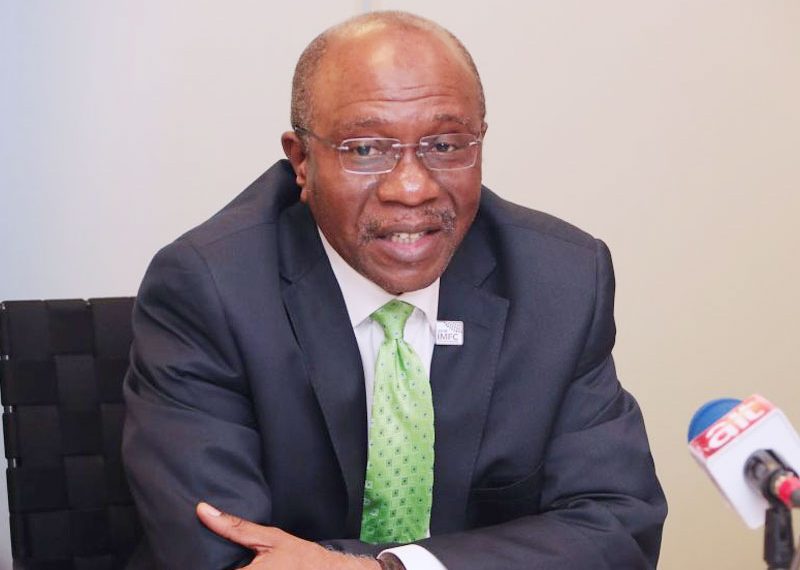The governor of Nigeria’s central bank, Godwin Emefiele, on Monday said the presidential directive against the provision of foreign exchange for food importation runs in consonance with the apex bank’s existing policy.
President Muhammadu Buhari had in the past week asked the CBN to stop providing forex for food importers, with a view to bolstering local capacities.
But critics have expressed worries over the bank’s autonomy as well as the country’s local capacity for to meet national food demands.
According to World Market and Trade, USDA, data, cited by Guardian, Nigeria in 2018 produced 4.66 million tonnes of rice and is expected to produce 4.90 million tonnes in 2020.
But the country’s rice demand is estimated to be 7.30 million tonnes in 2020, implying over three million tonnes rice shortage.
But, speaking at the State House on Monday, Mr Emefiele defended the president’s directive and said the bank would vigorously drive the policy.
“Let me say this, Mr President’s comment on the issuing of forex to people who import food items into the country is in the logic of CBN’s management foreign exchange policies that we started since 2016,” stated Mr Emefiele. “If you recall, we started with about 41 items (food and non-food items), because we believe that those items can be produced in the country.”
He continued, “It is important for me to say that the attempt to misrepresent the comments of Mr President is very unfair and unfortunate.
“But, what we will say from the CBN is that Mr President has made this comment purely to strengthen the position of the CBN, to say that he believes in what the CBN has been doing since 2016 and there is need for us to reinforce that going forward.”
He added that apart from not being able to source forex from the apex bank, food importers would not also be able get forex from commercial banks.
He said: “I will like to stress that we would ensure that more of these items will get on the list of items that are going to be restricted from accessing foreign exchange in Nigerian banking industry not just from the CBN source.
“Because, I have heard some comments that maybe it’s about the CBN’s source, it is not the CBN’s source, we are saying is you will not be able to access foreign exchange from the Nigerian banking industry because it is important for us to produce these items in Nigeria and we will follow through on them.”
He indicated that the policy would have positive implications for job creation, foreign reserve, and national security.
He queried, “Why should we be exporting jobs to other countries? Today we are complaining that there is a high rate of unemployment, leading to some extent the level of insecurity in the country, why should we allow people to import food that can be produced in the country?
“We need to improve wealth in our rural communities and I am saying we will not change course, we will even be more aggressive on this program.”







